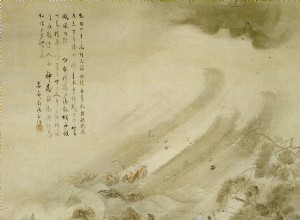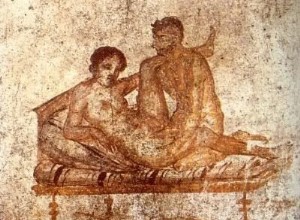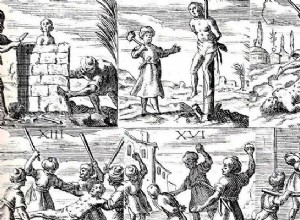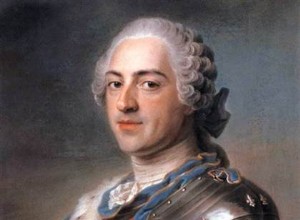The famous phrase I did not send my ships to fight against the elements attributed to Philip II, after the disaster of the Invincible Armada in its attempt to conquer England in 1588, could well have been pronounced by Kublai Khan in his two attempts to conquer Japan three centuries earlier. If tod




